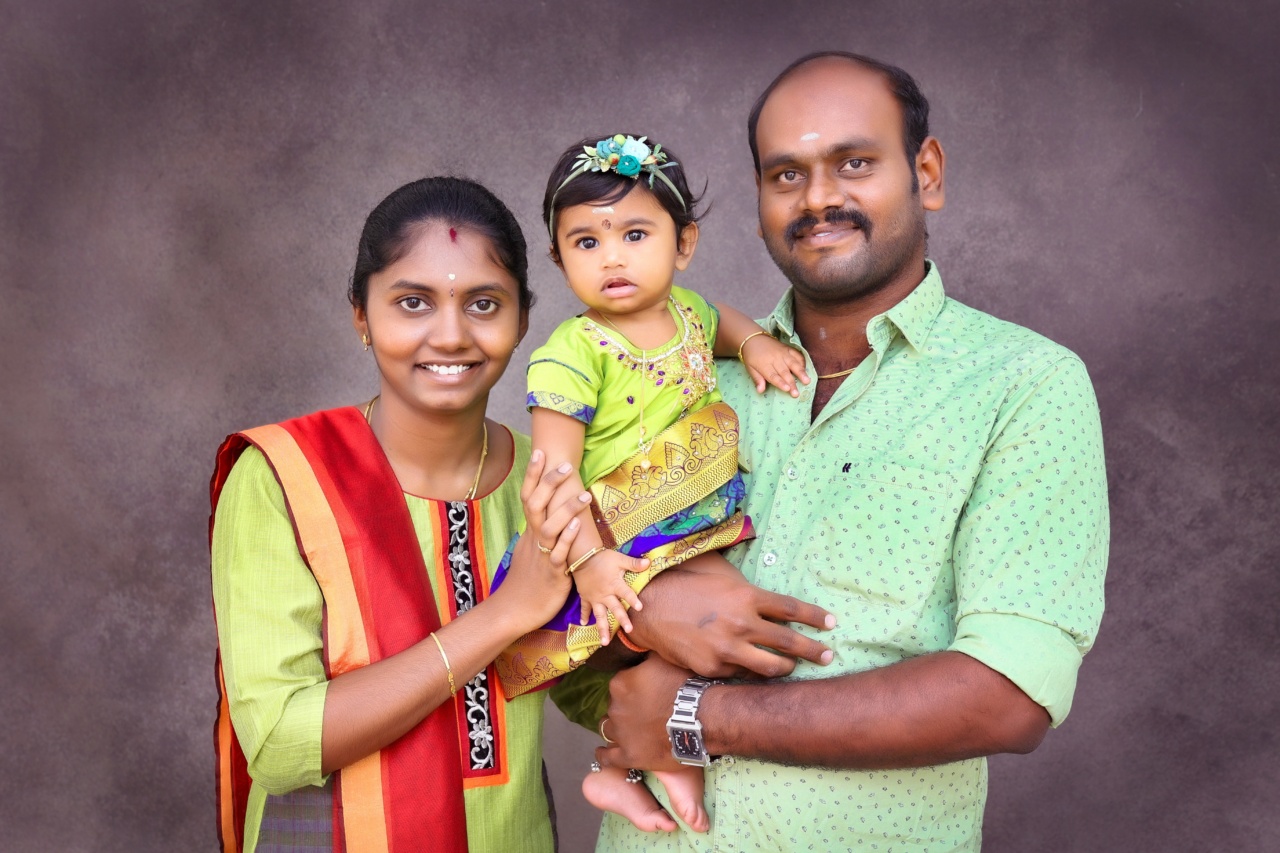Parenting is a difficult task, and no one can claim to know everything about it. There are times when parents do not realize the impact of their words on their children.
Things said in the heat of the moment can cause long-term damage to the child’s mental and emotional wellbeing. Therefore, parents should be mindful of the words they use when interacting with their children. This article highlights the 30 things parents should never say to their kids.
1. “I wish you were more like your sibling.”
Comparing children to their siblings can cause resentment and insecurity. Every child is unique and should be appreciated for their individuality. Comparing a child to their sibling could make them feel less loved and valued.
2. “You are always a disappointment.”
No child wants to be labeled a disappointment. This statement can cause them to feel inadequate and incompetent, which can lead to low self-esteem and poor self-confidence.
3. “I am ashamed of you.”
Shaming a child can cause them to feel that they are not worthy of love and respect. This statement can cause long-term emotional scars and harm to their self-confidence.
4. “I always knew you would fail.”
Telling a child that you expected them to fail can lead to self-doubt and discouragement. Children need encouragement and support from their parents, not negative comments that can damage their self-esteem.
5. “I don’t have time for you.”
Children need their parents’ attention and love, and when they feel neglected, it can cause them to feel unimportant and unloved. Parents should make time for their children and prioritize spending quality time with them.
6. “You will never amount to anything.”
This statement can cause a child to have a negative self-image and low self-esteem. It is important to build children up and encourage them to reach their full potential, not discourage them from trying.
7. “I don’t care what you think.”
Children need to feel that their opinions matter and are valued. Dismissing their thoughts and feelings can cause them to feel unimportant and uncared for.
8. “You are too sensitive.”
Labeling a child as ‘too sensitive’ can make them feel like their emotions are not valid. It can also make them feel embarrassed and insecure about their emotions.
9. “Why can’t you be more like (insert name here)?”
Comparison to other children can lead to insecurity and low self-esteem. Every child is different, and they should be appreciated for who they are, not compared to others.
10. “I wish you were never born.”
This is one of the most hurtful things a parent can say to their child. It can cause a child to feel rejected, unloved, and unwanted.
11. “I am disappointed in you.”
While it is normal to be disappointed in a child’s behavior, it is important to communicate this in a way that is respectful and constructive.
Saying ‘I am disappointed in you’ without providing guidance or offering support can be damaging to a child’s emotional well-being.
12. “You are just like your (insert negative trait here) dad/mom.”
Children need to be encouraged to form their own identities, free from parental expectations. Comparing a child to a parent can cause them to feel like their identity is predetermined and that they will never be able to escape from it.
13. “Why can’t you be more (insert positive trait here)?”
Constant criticism can cause a child to feel like they are not good enough. Instead of focusing on what they are not, parents should focus on what they are, and encourage them to improve in areas that they are struggling with.
14. “I don’t have to explain my actions/decisions to you.”
Children need to feel like their parents are approachable and willing to explain their actions. Dismissing their requests for an explanation can cause them to feel that their parents are not interested in their opinions or feelings.
15. “You should be ashamed of yourself.”
Shaming a child can be damaging to their emotional well-being. It can cause them to feel like they are not good enough and that their mistakes define them as a person.
16. “You are too young to understand.”
Children are more perceptive than we give them credit for. Dismissing their questions or concerns can cause them to feel unimportant and unloved by their parents.
17. “Stop crying, or I will give you something to cry about.”
This statement can cause a child to feel like their emotions are not valid. It also sends the message that they are not allowed to express their emotions freely, which can be harmful to their emotional well-being.
18. “You will never be able to (insert dream/ambition here).”
It is important to encourage children to dream big and pursue their passions. Discouraging them from trying can cause them to feel like their dreams are unachievable and that they should not set their sights high.
19. “You are always doing something wrong.”
No one is perfect, and it is normal for children to make mistakes. However, constantly focusing on their mistakes without acknowledging their accomplishments can be damaging to their self-esteem.
20. “I don’t love you.”
This statement is one of the most hurtful things a parent can say to their child. It can cause a child to feel rejected, unloved, and unwanted.
21. “You are not good enough.”
It is important to encourage children to have a positive self-image and believe in themselves. Telling them that they are not good enough can cause them to have low self-esteem and poor self-confidence.
22. “I don’t care.”
Children need to feel like their parents care about their problems and concerns. Dismissing their feelings can cause them to feel alone and unloved by their parents.
23. “You are a failure.”
Labeling a child as a failure can cause them to feel like they are not good enough. It can also discourage them from trying and pursuing their dreams.
24. “You are a burden.”
This statement can make a child feel like they are not wanted or valued. It is important to show children that they are loved and appreciated, no matter what.
25. “I wish you were more like (insert name here).”
Comparison to other children can lead to insecurity and low self-esteem. Every child is unique and should be appreciated for who they are, not compared to others.
26. “You are always lazy.”
Constantly criticizing a child’s behavior without offering solutions or guidance can be damaging to their self-esteem. It is important to acknowledge their strengths and build on them.
27. “You are a mistake.”
This statement can be devastating to a child’s emotional well-being. It can cause them to feel unloved and unwanted, leading to long-term emotional scars.
28. “It’s your fault.”
Blaming a child for a situation can cause them to feel responsible for something that is beyond their control. It is important to take responsibility for our own actions and not shift blame onto our children.
29. “I am giving up on you.”
This statement can make a child feel like they are not worth fighting for. It can cause them to lose trust in their parents and feel unloved and unsupported.
30. “You are just like your (insert negative trait here) sibling.”
Labeling a child based on their sibling’s behavior can cause them to feel like their identity is not their own. Children need to be encouraged to form their own identities, free from parental expectations.
: Conclusion
Parents need to be mindful of the words they use when interacting with their children. Words can have a significant impact on a child’s self-esteem and emotional well-being.
Parents should be supportive and encouraging, and avoid negative comments that can cause long-term damage to their children’s mental and emotional health.






























